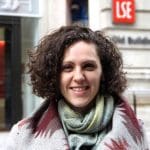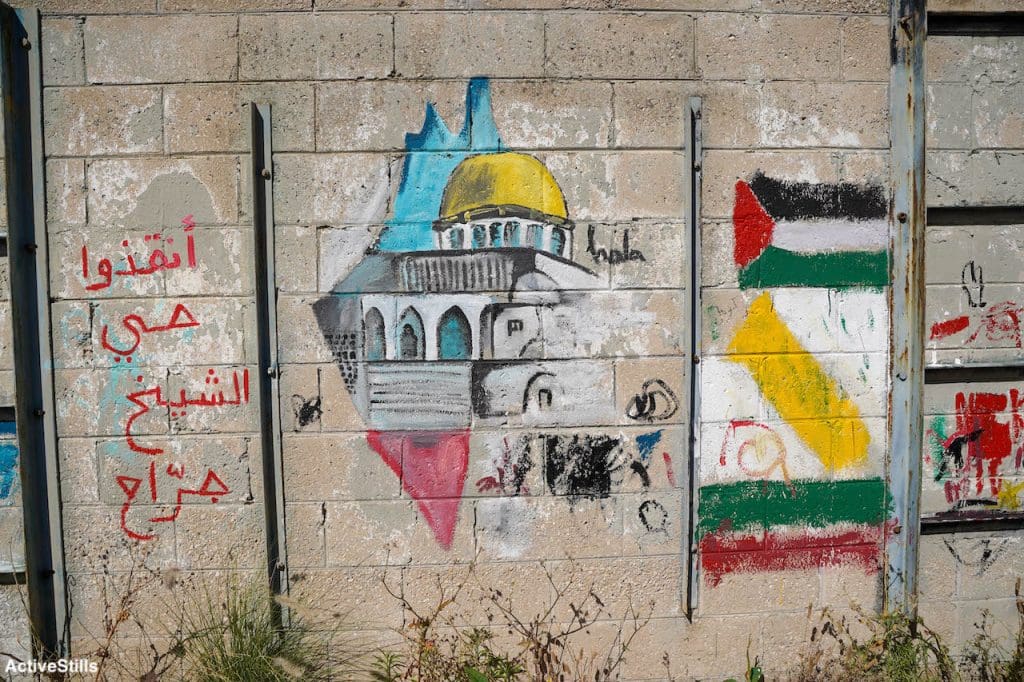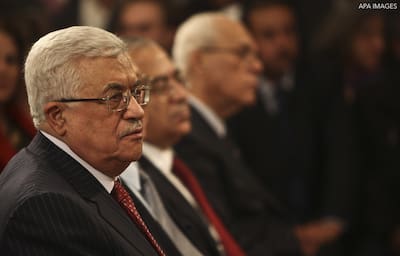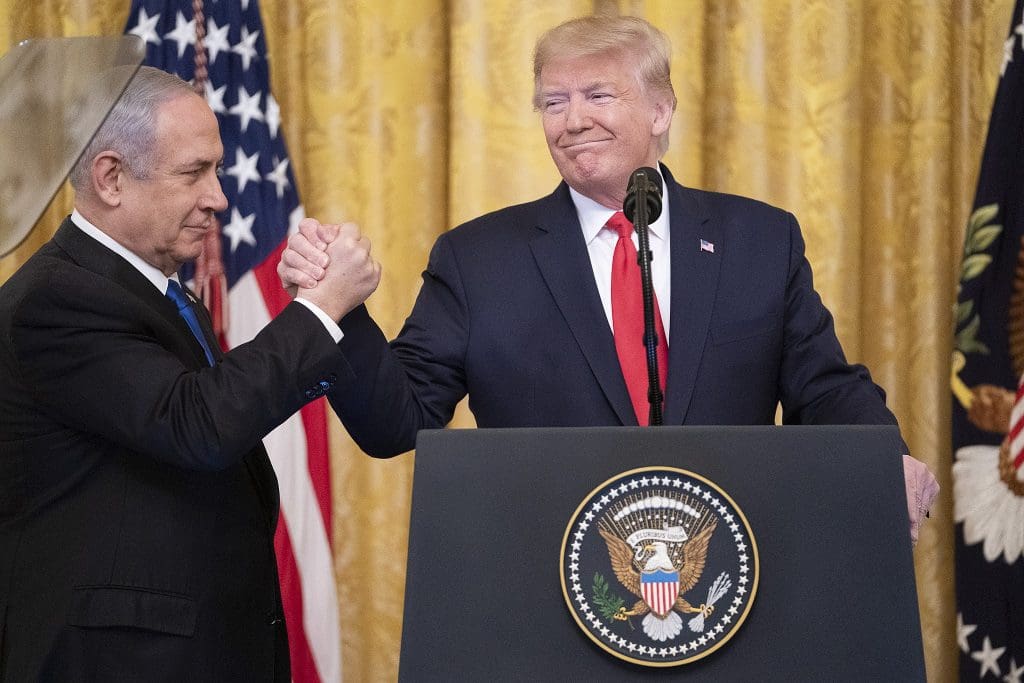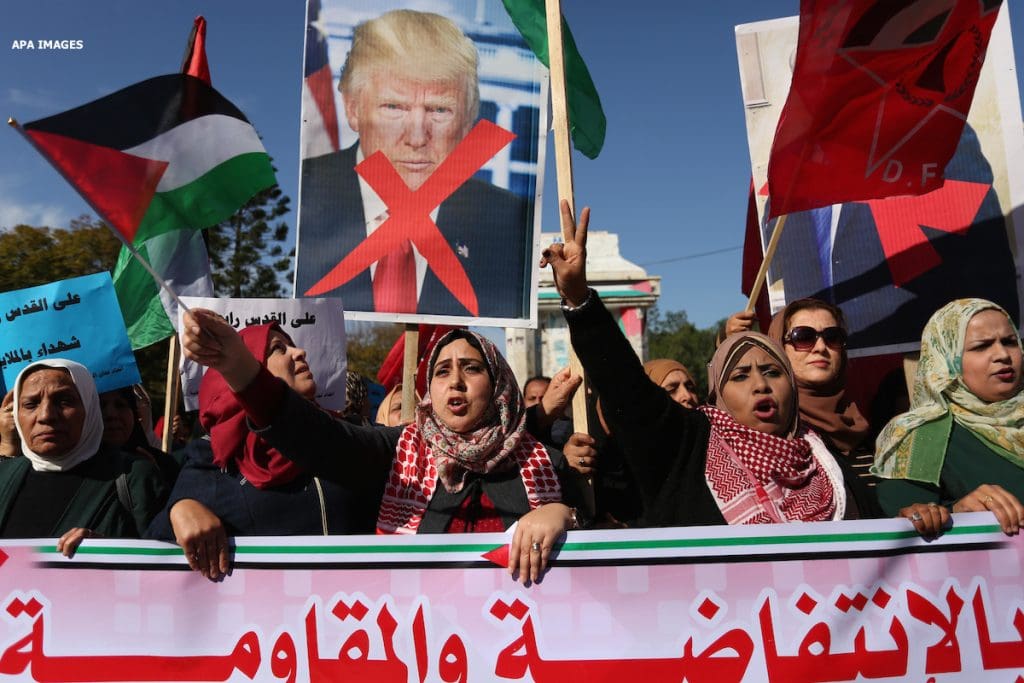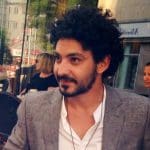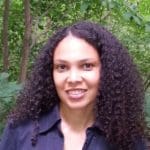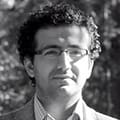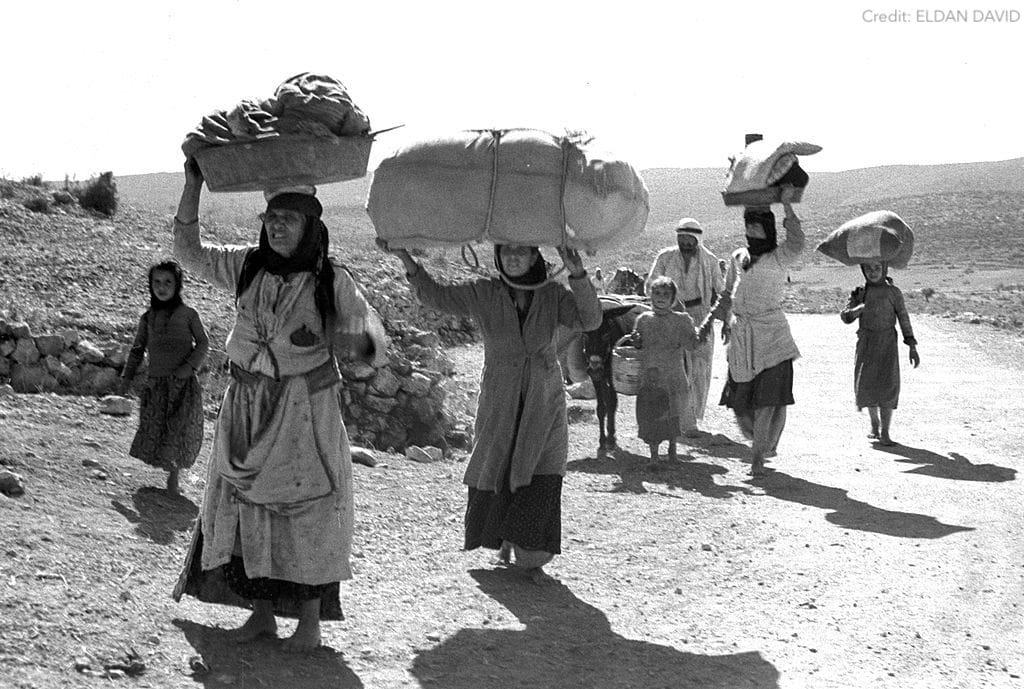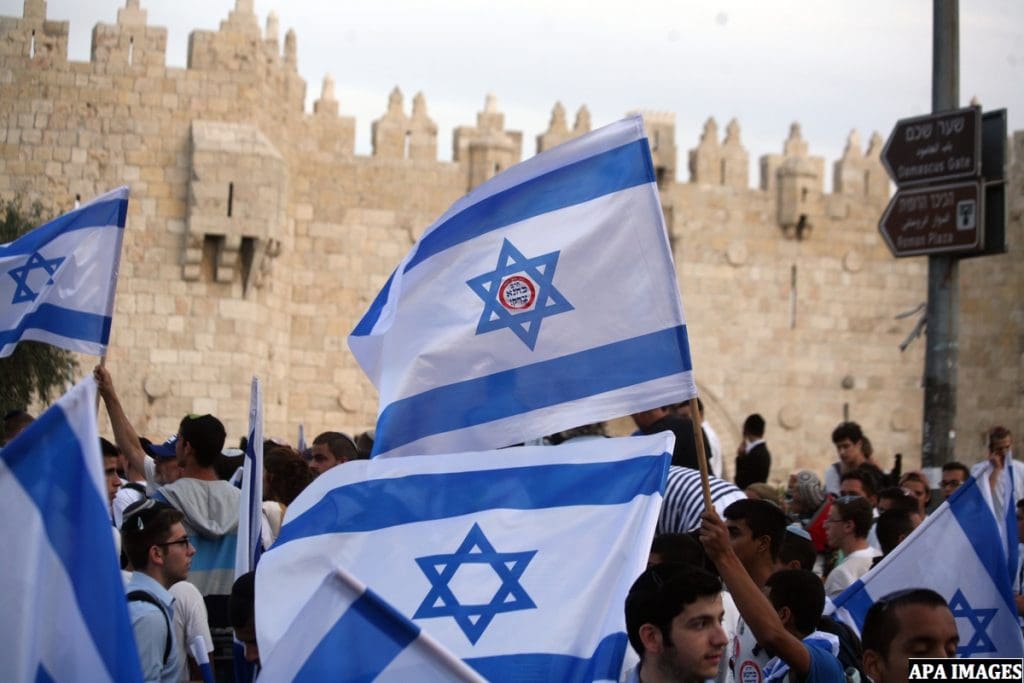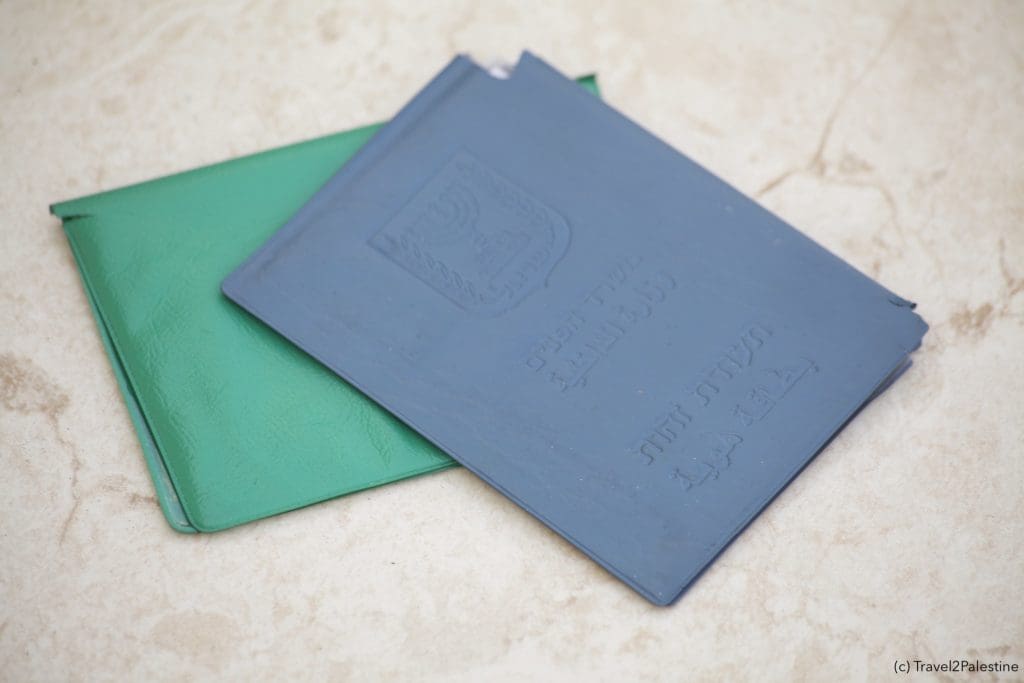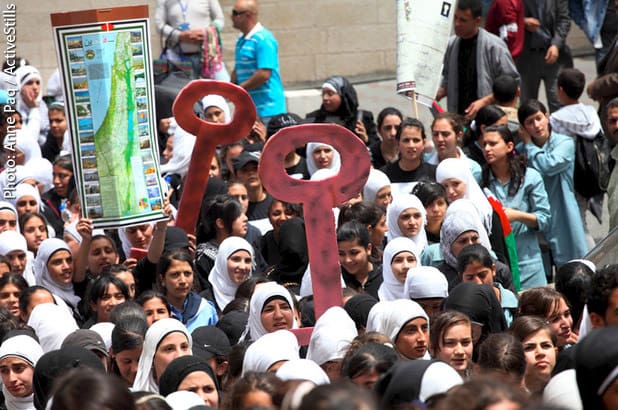Munir Nuseibah is a human rights lawyer and academic based in Al-Quds University in Jerusalem, Palestine. He is an assistant professor at Al-Quds University’s faculty of law; the director (and co-founder) of Al-Quds Human Rights Clinic, the first accredited clinical legal education program in the Arab World; and the director of the Community Action Center in Jerusalem. He holds an LL.M in International Legal Studies from the Washington College of Law of the American University in Washington DC and a PhD degree from the University of Westminster in London, UK, where his thesis dealt with Forced Displacement in the Palestinian-Israeli Conflict, International Law, and Transitional Justice.
From this author
Inès Abdel Razek and Munir Nuseibah joined Al-Shabaka for a conversation on the politics behind the UNSC resolution, the implementability of the US-Israeli plan, and the scenarios now being advanced for Gaza and for Palestine more broadly.


The Israeli regime’s ongoing genocide in Gaza has exposed the failure of international legal frameworks to protect civilians, marking an unprecedented breakdown in the protective function of international law. While the Genocide Convention obligates states to prevent and punish genocide, and the Geneva Conventions establish protections for civilians under occupation, these mechanisms have proven powerless without the political will to enforce them.
In this context, eight Global South states—South Africa, Malaysia, Namibia, Colombia, Bolivia, Senegal, Honduras, and Cuba—have launched the Hague Group, a coordinated legal and diplomatic initiative aimed at enforcing international law and holding the Israeli regime accountable. This policy memo examines the group’s efforts to challenge entrenched Israeli impunity. It highlights the potential of coordinated state action to hold states accountable for violating international law, despite structural limitations in enforcement.

Munir Nuseibah· Jul 8, 2025
Jerusalem continues to lie at the center of political developments in Israel’s ethnic cleansing of Palestinians, and in the shifting landscape of US and EU foreign policy toward Palestine and the Israeli regime.
Palestinians in the West Bank and Gaza are bracing for the first general elections to take place in 15 years, while the Palestinian Authority seeks to renew its legitimacy amid shifting regional and global realities.



Though US President Donald Trump’s “Deal of the Century” largely does not change conditions on the ground for Palestinians, it helps legitimize the Israeli colonial project, which continues apace despite the COVID-19 pandemic. Al-Shabaka analysts from around the globe weigh in on the repercussions of the deal where they live and offer steps to counter them.



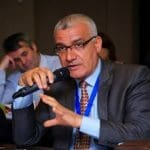
+
What does Trump’s recognition of Jerusalem as Israel’s capital mean for Palestine and the Palestinians? In a new roundtable, Al-Shabaka policy analysts weigh in and discuss ways in which Palestinians can safeguard their rights against this setback.
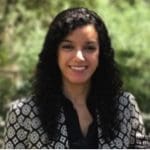



+
This collection of some of the most compelling pieces Al-Shabaka has published contextualizes and discusses the unique difficulties of Palestinian refugees displaced across the Middle East – from becoming refugees a second or third time due to the ongoing Syrian civil war to over-researching camps “famous” for tragedy while under-researching other refugee situations and exile communities.
Israel is adept at creating new Palestinian refugees and internally displaced persons, taking advantage of every opportunity to do so and exploiting temporary crises to promote permanent measures. Today, it is using the recent violence in the Occupied Palestinian Territory (OPT) to introduce a dangerous new twist to its long-standing residency revocation policy to force Palestinians out of East Jerusalem.

Munir Nuseibah· Apr 12, 2016
Most discussion of Palestinian dispossession – including by Palestinians themselves – focuses on the 1948 Nakba and the forced exile of more than 700,000 Palestinians by Zionist forces intent on creating an Israeli state in mandate Palestine. However, the various measures that Israel has used to forcibly displace Palestinians since 1948 have received far less attention even though it is estimated that it has forcibly displaced 66% of the whole Palestinian population as part of its deliberate, longstanding plan to create and maintain a Jewish majority.

Munir Nuseibah· Jun 18, 2013
The Palestinian authorities should immediately start implementing the right of return, beginning with Gaza and without waiting for Israel, argues Al-Shabaka Policy Advisor Munir Nuseibah.

Munir Nuseibah· Jan 22, 2013







